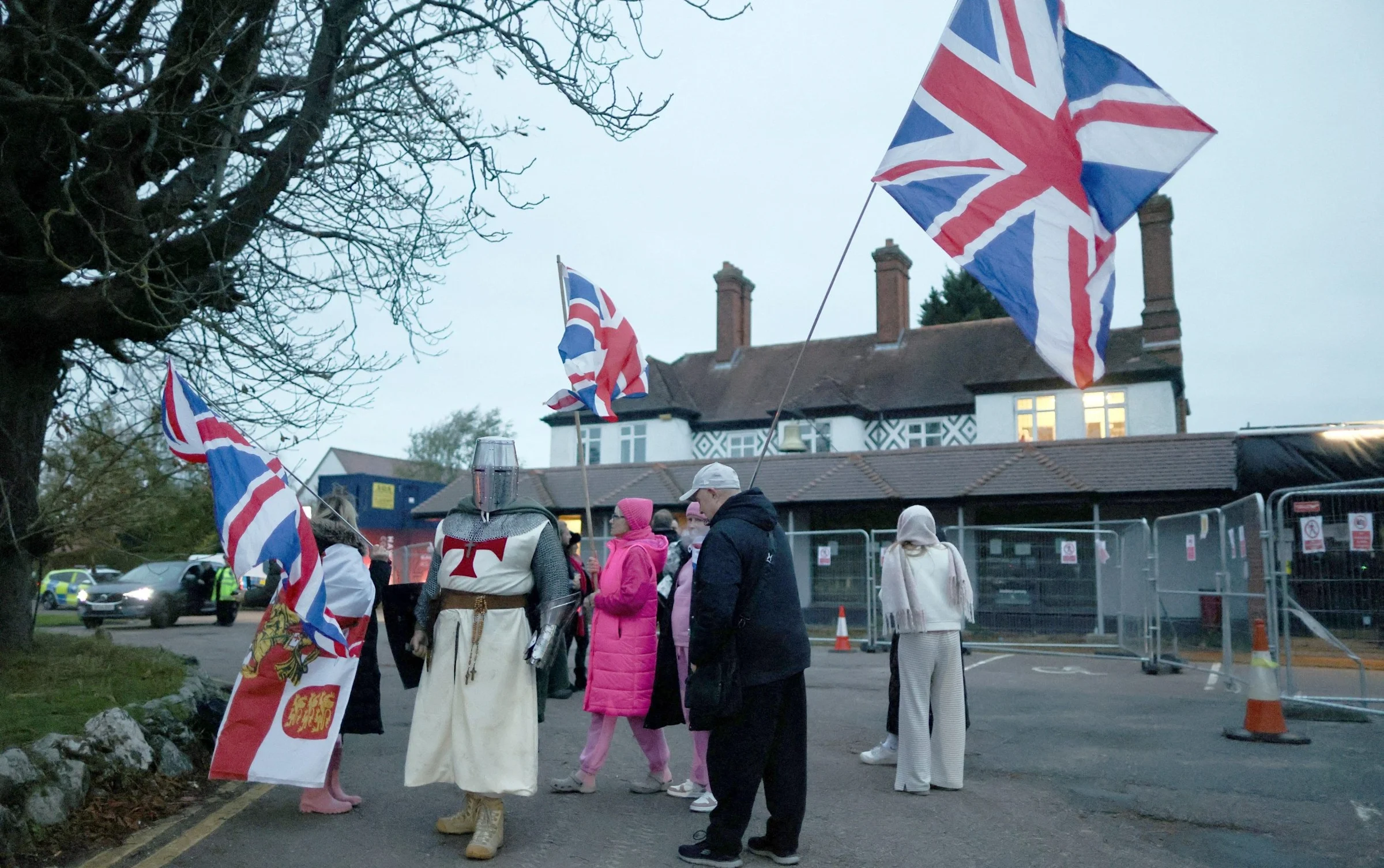Copyright yahoo

Billions of pounds of taxpayers’ money were squandered on asylum hotels because of a “failed, chaotic and expensive” system imposed by the Home Office, a committee of MPs has found. Ministers and officials “neglected” day-to-day management of their asylum accommodation providers even as the cost of the 10-year contracts tripled from £4.5bn to £15.3bn, according to the all-party home affairs committee. As a result contractors made “excessive” profits at taxpayers’ expense without the Home Office imposing effective penalty clauses or clawbacks. The report comes as the Government is facing mounting scrutiny over its handling of migrants after an Ethiopian who sexually assaulted a teenage girl was mistakenly released instead of being deported. Hadush Kebatu, whose initial attack triggered protests across Britain, was recaptured on Sunday following a two-day manhunt. He will finally be sent back to his home country this week. David Lammy, the Justice Secretary, has demanded extra checks by prison governors to ensure the mistake is not repeated but is facing an internal backlash over fears the plans are a knee-jerk response that will add to bureaucracy. Sir Keir Starmer, the prime minister, has promised to end the housing of asylum seekers in hotels by 2029 amid mounting pressure over rising costs and a backlash in local communities. But the committee warned that a promise by ministers to “appeal to popular opinion” without a clear plan for alternative accommodation risks “under-delivery and consequently undermining public trust still further”. The MPs said that break clauses in the £15.3bn contracts next year and their scheduled end in 2029 offered the Home Office a chance “to draw a line under the current failed, chaotic and expensive system and move to a model that is more effective and offers value for money”. But the committee warned: “Without a clear long-term plan and the institutional capability to deliver a model that is more effective and offers value for money, past failures risk being repeated.” More than 32,000 migrants are still living in some 200 hotels at a budgeted cost of £2.1bn a year, or £145 per migrant per night, six times that of other rented housing. The MPs said that no penalties were applied for poor performance at migrant hotels, even though they accounted for more than 75 per cent of spending on asylum accommodation, or at other large asylum sites such as former military bases like Napier barracks in Kent or RAF Wethersfield in Essex. They said the Home Office missed an opportunity to renegotiate the contracts when ministers had to suddenly increase the use of hotels during the Covid pandemic. This enabled the companies to increase their profits six-fold as the number of hotels rose to 400 accommodating 56,000 migrants at their peak. “Profit share clauses failed to account for the large expansion of hotel accommodation, generating vast profits for providers,” said the MPs. “The Home Office should ensure future contracts take into account overall cash value of profits to prevent providers generating excessive returns from increased demand.” Even where contracts included arrangements to recoup “excess” profits from the private providers, the Home Office had failed to take steps to retrieve the money until 2024, said the committee. It meant the firms were sitting on tens of millions of pounds waiting to be returned to the Home Office. This money, said the MPs, “should be supporting public services not sitting in the accounts of private businesses”. The committee added that the Home Office’s “lack of transparency” over the opening of asylum hotels and failure to engage had fed local tensions. Asylum hotels became a focus for multiple demonstrations over the summer, particularly centred around the Bell Hotel in Epping, where Kebatu was arrested for sexual assaults. The MPs said: “The lack of engagement and transparency has left space for misinformation and mistrust to grow, which in too many areas has led to tensions and undermined the ability of local partners to promote social cohesion.” MPs pressed for the Home Office to prioritise closing hotels where there have been “significant community cohesion issues”, as well as hotels in remote areas that can place the most pressure on local services. They also said that despite the billions of pounds spent on accommodation, there were “too many cases” of poor quality housing including overcrowding, damp, mould, and fire safety concerns. These included cases of pregnant women and new mothers in accommodation with cockroaches, damp and mould and even a blind woman who could not manage stairs put in a hotel without a lift. Dame Karen Bradley, the committee’s chairman and a Conservative MP, said: “The Government needs to get a grip on the asylum accommodation system in order to bring costs down and hold providers to account for poor performance. “While reducing hotel use is rightly a Government priority, there will always be a need for flexibility within the system, and the Home Office risks boxing itself in by making undeliverable promises to appeal to popular sentiment. It shouldn’t set itself up for more failure. “The Home Office must finally learn from its previous mistakes or it is doomed to repeat them.” A Home Office spokesman said: “The Government is furious about the number of illegal migrants in this country and in hotels. That is why we will close every single asylum hotel – saving the taxpayer billions of pounds. “We have already taken action – closing hotels, slashing asylum costs by nearly a billion pounds and exploring the use of military bases and disused properties.”



